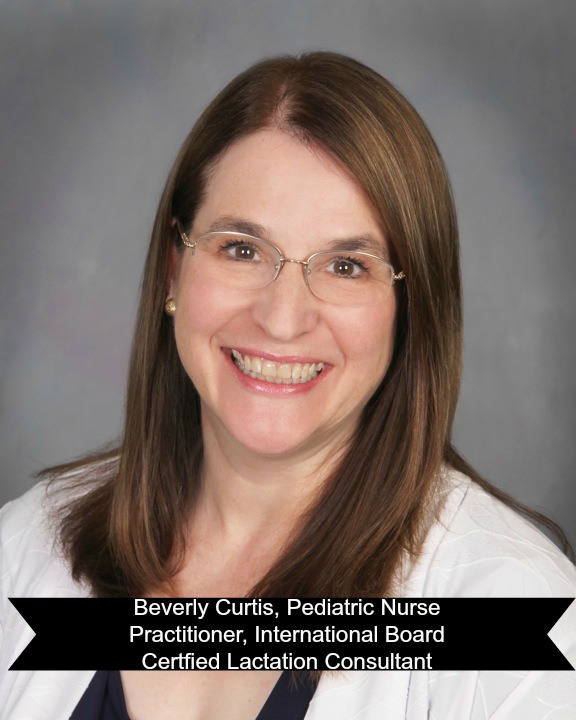Pregnant women and new mothers often have many questions about breastfeeding.  Beverly Curtis, DNP, Pediatric Nurse Practitioner, International Board Certified Lactation Consultant and Breastfeeding Medicine Specialist at Keystone Health’s Breastfeeding Center, answers some Frequently Asked Questions in today’s article.
Beverly Curtis, DNP, Pediatric Nurse Practitioner, International Board Certified Lactation Consultant and Breastfeeding Medicine Specialist at Keystone Health’s Breastfeeding Center, answers some Frequently Asked Questions in today’s article.
Should I breastfeed?
Deciding how to feed a newborn is an important decision for mother, baby and family. As with all important decisions, it should be based on the latest science and the best information. Science makes it clear that breastfeeding changes the wellbeing of individuals and communities by promoting physical health and wellbeing for both the mother and baby.
What are the benefits for my baby?
Our understanding of the advantages of breastfeeding, especially for the baby, is growing. But already the list is clear and overwhelming. Human milk is the ideal nutrition, providing just the right mix, at the right stage of growth, of vitamins, proteins, sugars, antibodies, live cells and fats – just what the baby needs to develop and thrive. Breastmilk is easy to absorb and digest, avoiding the difficult digestive issues often associated with artificial formula feeding. Breastmilk provides antibodies to fight infections and disease, while inhibiting the development of allergies and asthma. Studies are now revealing the connection between breastfeeding and higher IQs, prevention of obesity, SIDS (Sudden Infant Death Syndrome) and even a lower incidence of childhood diabetes and cancers.
Are there benefits for the mother?
Recently the advantages for the breastfeeding mother have become clearer and more compelling. By choosing to breastfeed, the mother is more likely to have a lower incidence of premenopausal breast and ovarian cancer and protection from heart disease. Breastfeeding helps mothers to lose weight and lose it faster after pregnancy. It reduces uterine bleeding and helps delay ovulation. Data in new studies indicate lower incidence of osteoporosis for breastfeeding mothers. Mothers who have breastfed are generally healthier women with fewer hospitalizations and doctor visits for both baby and mother.
Are there reasons not to breastfeed?
Breastfeeding is not the right choice in every case. Certain conditions such as drug use, disease and rare health conditions make breastfeeding inadvisable. But, as we learn more about it, attitudes about breastfeeding are changing. Family and friends are finding breastfeeding more convenient than formula preparation with no bottles to wash and milk always at the right temperature and easily accessible. Employers are providing space for lactating mothers to express milk at work so that their employee’s babies will remain healthier in the first year of life. Professional medical organizations have published strong statements supporting and promoting breastfeeding for mothers and babies.
What if I have difficulty breastfeeding?
Mothers sometimes find breastfeeding can be challenging as she and baby adjust in the early days and weeks to baby care. The best way to receive help in your community is through a knowledgeable lactation care provider, such as a Lactation Consultant, a Breastfeeding Medicine Specialist or a peer Lactation Counselor. Backed by these professionals, and armed with the best information, more and more mothers are meeting their breastfeeding goals.
Click here for more information about Keystone Health’s Breastfeeding Center.
This article contains general information only and should not be used as a substitute for professional diagnosis, treatment or care by a qualified health care provider.




